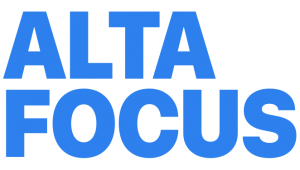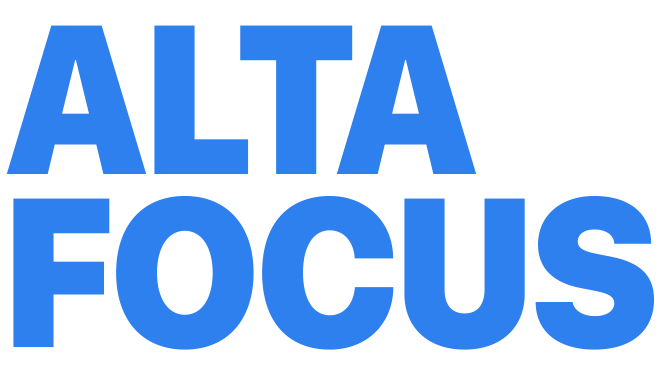
Opinions expressed by Entrepreneur contributors are their own.
We are entering a new era where a chatbot like ChatGPT can be our executive assistant, customer service rep, data coding guru, basic data analyst, food recipe generator, content writer, unique artist, speech writer and just about anything we could want it to be. Just one prompt will get us what we’re looking for in a minute.
In the past couple of months, ChatGPT has passed both medical and MBA exams, which is simply mind-blowing. When the web, Google and other platforms like Twitter were launched, it took around five years to reach 100 million users — but with ChatGPT, it took five days to enroll 1 million users and just two months to reach 100 million users.
Let’s take a step back and begin by discussing where the data generated by ChatGPT is coming from. ChatGPT stands for chat generative pre-trained transformer and is an advanced neural network model. Developed by an AI research and deployment company called OpenAI, ChatGPT is a large language processing tool that collects data from the internet and uses sophisticated AI prediction models to generate text by completing what the prompt asks it to perform.
Related: What Business Leaders Can Learn From ChatGPT’s Revolutionary First Few Months
For example, if ChatGPT is asked to write a book based on a few sentences it is provided with, it will write the book by randomly combining bits and pieces of the existing published literature out there. Similarly, if ChatGPT is asked to write a sophisticated letter explaining a rationale, it will write it out based on the written letters already existing on the internet. In doing so, ChatGPT is basically using someone else’s written and published material, which raises some ethical concerns such as who owns the data or materials generated by chatGPT.
A physician rheumatologist, Dr. Clifford Stermer, asked his patient to use ChatGPT to generate an insurance letter, backed by research and references, insisting that the patient’s condition needs coverage. A TikTok video created by Dr. Stermer went viral, as ChatGPT wrote a perfect letter— but a few days later, Dr. Stermer made another TikTok video mentioning that some of the references in that letter were not real. This raises another concern; namely, whether the data provided by ChatGPT is reliable or even up to date as the data it uses is limited until 2021.
Like most of the new AI technologies and chatbots, ChatGPT raises some ethical concerns and issues that would need to be resolved before it reaches a mature state in the market. On the other hand, there is also the potential for bias in such AI gatekeeper applications if left unchecked or unregulated. The White House recently announced that it will be establishing an AI research entity that would help protect organizations and stakeholders from potentially harmful algorithms.
Acknowledging the concerns and possible biases in using this highly advanced chatbot, here are three potential ways that ChatGPT can prove to be beneficial for entrepreneurs.
Related: The Dark Side of ChatGPT: Employees & Businesses Need to Prepare Now
Brainstorm with ChatGPT
Using the most suitable prompts, ChatGPT can be used to brainstorm new ideas for entrepreneurs that are planning to start a business. These business ideas can then be further explored in detail, once established, about the potential technologies, potential partners involvement etc. As an example, ChatGPT was used to brainstorm ideas for creating a supply chain platform for keeping track of the needs of victims of natural disaster. Here is a detailed prompt to use as an example: “What apps are there that keep track of the needs of victims of natural disaster?”
Market analysis with ChatGPT
The second primary use for entrepreneurs is market analysis and identifying major challenges in a business idea, which can be performed by ChatGPT in a couple of minutes. It’s the most important business use for entrepreneurs since ChatGPT summarizes everything that’s out there in a matter of minutes and saves many hours of research. It gives a clear picture of what competitors there are in the market. More prompts can be given to learn more details and the potential challenges once the biggest competitors in the market have been established. One such prompt would be: “List the startups that use a platform to track the needs of victims of natural disaster.”
Strategize and outline a business plan with ChatGPT
Last but not least is to learn from the strategies ChatGPT proposes to launch and implement ideas. Of course, ChatGPT only serves as a springboard in developing a strategy, but it can be a useful tool for beginners. In this case, a prompt could be: “What would be the best strategy to launch a platform to track the needs of victims of natural disaster?”
Although it took less than an hour to generate this business startup idea on ChatGPT using the above three steps, it is not recommended to be entirely reliant on the data or information generated by ChatGPT. It would be a good idea to verify everything that ChatGPT provides until this chatbot reaches its mature stage. There are tools available now, like GPTZero, and GPT detector that can detect if the text is written by chatGPT or human. Let’s keep in mind that ChatGPT is still in its infancy, and even the CEO of OpenAI, Sam Altman, has tweeted saying: “ChatGPT is incredibly limited, but good enough at some things to create a misleading impression of greatness. It’s a mistake to be relying on it for anything important right now. It’s a preview of progress; we have lots of work to do on robustness and truthfulness.”
OpenAI recently received heavy support in billions from Microsoft which makes this tool a better competitor in the big tech giant market. Matter of fact, Microsoft is using its browser Bing to incorporate ChatGPT which makes Google’s race to catch up a little harder. Google on the other hand just announced its own chatbot Bard and there is a race between these two tech giants to win the AI intelligent chatbot space. It might all boil down to the tech giant that would be the first to consistently generate more reliable and responsible, secure and up-to-date information backed by trustable sources and would eventually lead this race.






